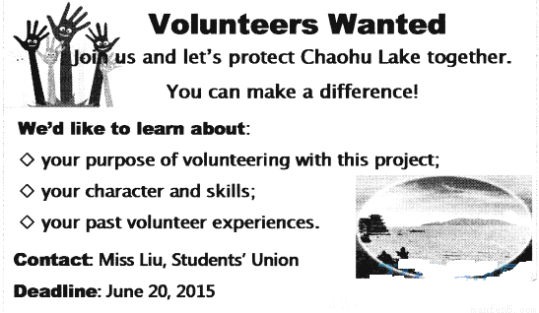0 133309 133317 133323 133327 133333 133335 133339 133345 133347 133353 133359 133363 133365 133369 133375 133377 133383 133387 133389 133393 133395 133399 133401 133403 133404 133405 133407 133408 133409 133411 133413 133417 133419 133423 133425 133429 133435 133437 133443 133447 133449 133453 133459 133465 133467 133473 133477 133479 133485 133489 133495 133503 151629
